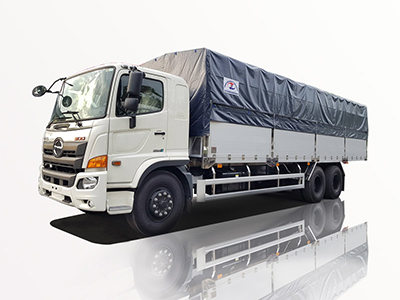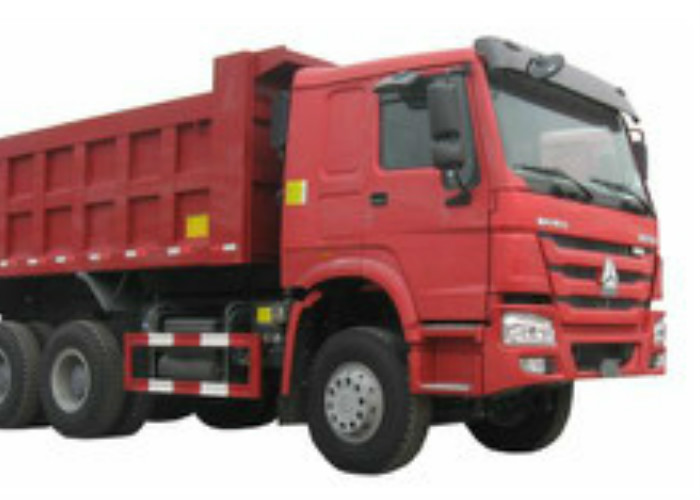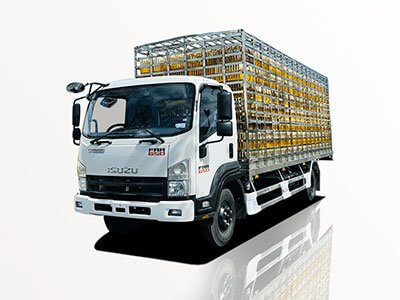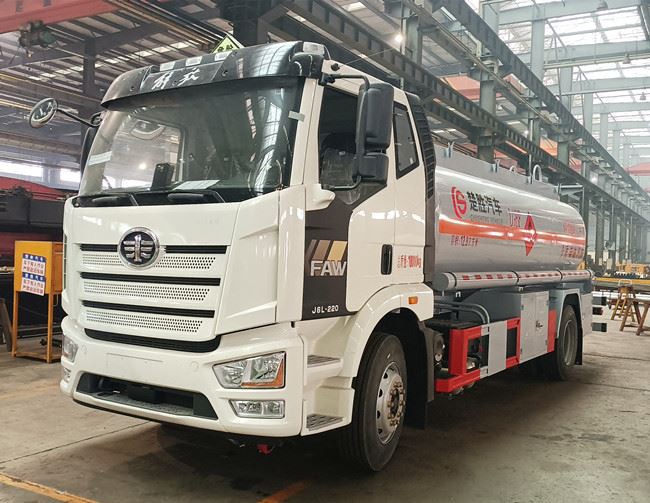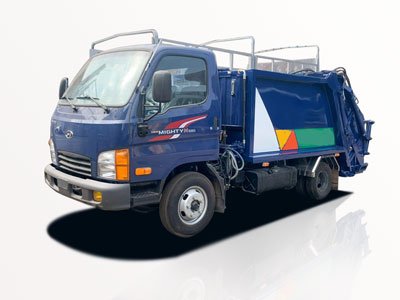As cities become more populated and the call for sustainability grows louder, tiny electric trucks have emerged as a solution for businesses and individuals looking for efficient, eco-friendly transportation. These compact vehicles are transforming urban logistics, last-mile delivery, and even personal commuting, making them a pivotal part of the future automotive landscape.
What is a Tiny Electric Truck?
Tiny electric trucks are compact, battery-powered vehicles designed for transporting goods and people over short distances, particularly in urban settings. Their small size allows for easy navigation in congested areas, and their electric powertrain contributes to reduced emissions and lower operating costs.
Characteristics of Tiny Electric Trucks
- Compact Size: Typically, these trucks are smaller than standard pickups, making them ideal for crowded city streets.
- Zero Emissions: As they run on electricity, they produce no tailpipe emissions, contributing to cleaner air quality.
- Cost-Effective: Lower fuel and maintenance costs make tiny electric trucks a financially attractive option for businesses.
- Versatile Designs: Many models offer customizable cargo beds that cater to specific business needs.
Advantages of Tiny Electric Trucks
1. Environmental Impact
The shift to electric vehicles is essential for reducing climate change and urban air pollution. Tiny electric trucks produce zero tailpipe emissions, which significantly lowers a city’s carbon footprint.
2. Cost Savings
While the initial purchase price of an electric truck might be higher than its gasoline counterpart, operational savings quickly accumulate over time. Reduced fuel costs, tax incentives, and lower maintenance requirements create a financially sustainable option.
3. Urban Mobility
These vehicles can navigate narrow streets, making them ideal for last-mile delivery services. Their compact size allows them to park more easily and access areas conventional trucks cannot.
4. Customization and Versatility
Many tiny electric trucks come with cargo customization options, which is particularly useful for businesses that require unique hauling capabilities, such as refrigeration for food items or specialized racks for tools.
The Growing Market for Tiny Electric Trucks
Current Trends
The tiny electric truck market is rapidly expanding, fueled by advancements in battery technology and heightened consumer interest in sustainable solutions. Key trends include:
- Increased Range: Modern electric trucks can now travel further on a single charge, making them more practical for day-to-day use.
- Technological Integration: GPS tracking, telematics, and connected services are increasingly available, enhancing usability.
- Government Support: Incentives and subsidies for electric vehicle purchases are encouraging businesses to invest in green technology.
Leading Brands in the Tiny Electric Truck Space
Several companies are leading the charge in the tiny electric truck market:
| Brand | Model | Payload Capacity | Range | Price Range |
|---|---|---|---|---|
| Rivian | R1T | 1,760 lbs | 314 miles | $67,500+ |
| Compact Electric Vehicles (CEV) | CEV Cargo Truck | 1,500 lbs | 50-100 miles | $25,000+ |
| Workhorse Group | C-Series | 6,000 lbs | 100 miles | $50,000+ |
| Faraday Future | FF V9 | 1,500 lbs | 300 miles | $60,000+ |
Practical Applications of Tiny Electric Trucks
1. Last-Mile Delivery
Retailers and logistics companies are increasingly adopting tiny electric trucks for last-mile delivery. Their compact size allows them to access neighborhoods and tight urban environments where larger freight vehicles struggle.
2. On-Demand Transport Services
Ride-sharing and delivery services can benefit from the efficiency of tiny electric trucks, offering sustainable transportation options while reducing operational costs.
3. Food and Beverage Delivery
Restaurants and food services can utilize tiny electric trucks for making deliveries efficiently and in an eco-friendly manner, often using refrigerated options for perishable items.
Buying Guide: What to Consider When Choosing a Tiny Electric Truck
1. Range and Battery Life
Consider how far you typically drive daily and choose a model with sufficient range to meet those needs without frequent charging.
2. Payload Capacity
Inevitably, the payload capacity is crucial for businesses that require transporting heavy equipment or supplies. Ensure the truck can handle your typical cargo loads.
3. Charging Infrastructure
Check your access to charging stations or consider installing a home charging option to ease your electric truck’s operation. This impacts convenience significantly.
4. Customization Options
Look for trucks that can be tailored to fit your specific business needs, whether it’s adding storage solutions or refrigeration units.
Challenges Facing the Tiny Electric Truck Market
1. Initial Costs
The higher upfront costs compared to traditional trucks may deter some buyers, despite long-term savings.
2. Charging Infrastructure
As the market grows, there may still be a lack of sufficient charging stations, especially in rural or less developed areas.
3. Range Anxiety
Some potential buyers may worry about running out of charge mid-delivery or during commutes, making them hesitant to switch from gasoline-powered vehicles.
Future Innovations in Tiny Electric Trucks
1. Advanced Battery Technology
Future iterations of tiny electric trucks will likely feature improved battery technology, increasing range and decreasing charging times significantly.
2. Autonomous Technology
Self-driving technology is on the horizon, which could allow tiny electric trucks to operate autonomously, reducing labor costs and increasing efficiency.
3. Solar Integration
Integrating solar panels into the design may enhance efficiency and battery range, utilizing renewable energy to power the vehicle.
FAQ
1. How far can a tiny electric truck go on a single charge?
The range varies by model, but most tiny electric trucks can achieve between 50 to 300 miles on a single charge, making them suitable for urban and suburban travel.
2. What is the average cost of a tiny electric truck?
The cost typically ranges from $25,000 to $70,000, depending on the brand, model, and customizations.
3. Are tiny electric trucks suitable for heavy loads?
While some models can carry significant weight (over 1,500 lbs), it is essential to check the payload capacity of specific trucks based on your transportation needs.
4. Can tiny electric trucks be used for personal transport?
Yes, many models are designed not just for cargo but can also be used for personal transport, offering a practical alternative to traditional vehicles.
5. Is the charging infrastructure sufficient for tiny electric trucks?
In urban areas, charging stations are becoming increasingly common, but rural areas may still face limitations. Home charging options can mitigate this issue for owners.
6. What maintenance is required for tiny electric trucks?
Tiny electric trucks generally require less maintenance than gasoline vehicles. Routine checks of the battery, brakes, and tire pressure are essential for optimal performance.
